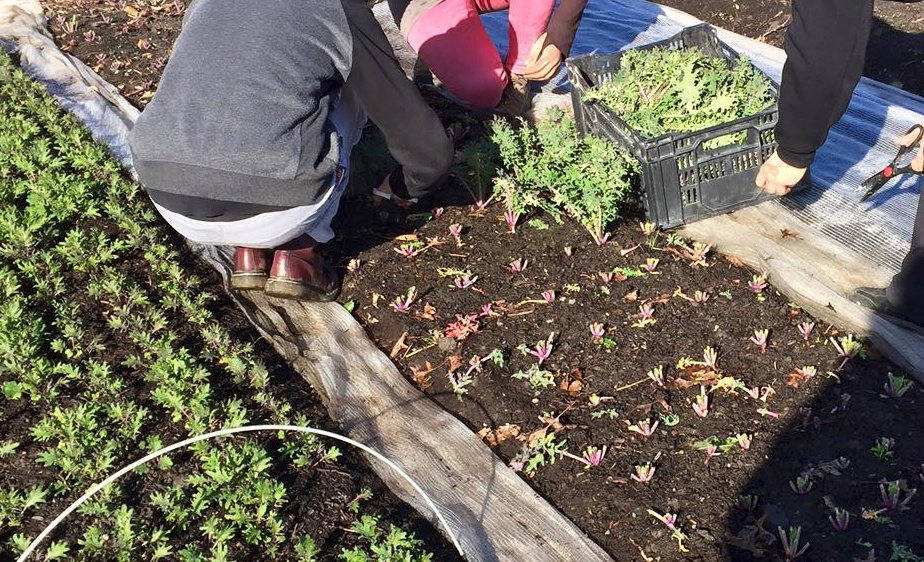
People in Aotearoa New Zealand spend more and more time indoors, and less time connecting with te taiao than our ancestors did. For many of us, we don’t think of ourselves as connected to the land in a practical way — although we may feel more abstractly connected to places and spaces. How do we build relationships with the land and places that are intimate and knowing? Why should we?
Scholars have talked about the idea of ‘metabolic rift’ — the disconnect that many urban people have when it comes to the metabolic cycle. Our food is produced far away from us, and our food scraps are taken away from us to landfill or other (hopefully better) places. Even our shit is taken away through pipes to who knows where. This mean we aren’t really viscerally connected to the cycles of production, consumption and decomposition that keep us all alive. The metabolic rift can be bigger than this too: in Aotearoa New Zealand our soils produce foods for export and the waste from those foods is handled elsewhere in the world — but we then have to import fertilisers to keep that system going! The ‘circle’ of the metabolism is broken.
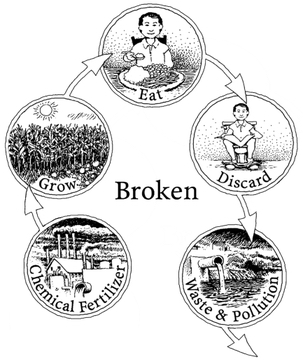
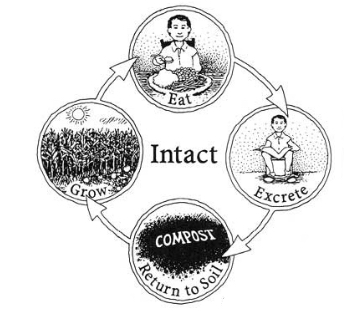
This is a big problem for our economies and our whenua. When there is no circularity to our production, consumption and decomposition, we are disconnected from the effects of our actions on the land. It’s also a big problem for our understanding of ourselves as economic and environmental actors. How can we see ourselves as relating intimately to the environment if we are encouraged to see ourselves as part of a massive import export global system machine?
When there is no circularity to our production, consumption and decomposition, we are disconnected from the effects of our actions on the land.
In my work, I’m interested in the relational side of economies, how we understand ourselves as economic and environmental beings, and how that affects the way we act in the world. I have had the privilege to study an urban farm where young people and others are invited into a relationship with the soil through practices of composting and gardening. They are invited to close the metabolic rift quite literally by eating and even shitting on site in a composting toilet! But they are also invited to close the metabolic rift by coming into an attentive and observant relationship with te taiao, the natural world.
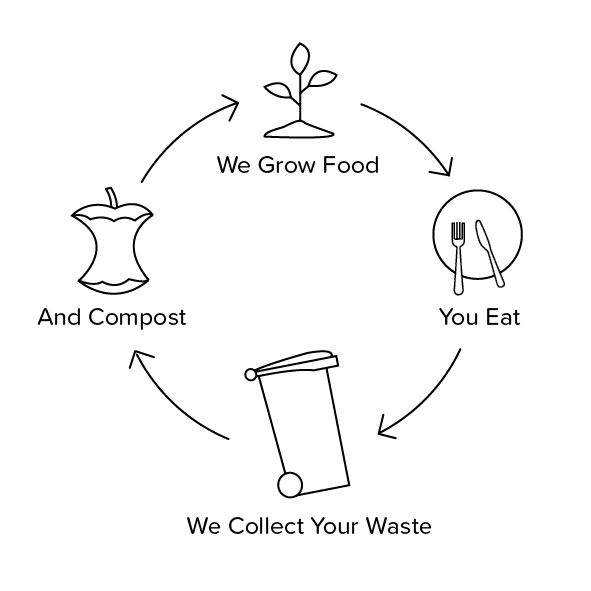
Reconnecting with the soil in this way creates space for reconnecting with oneself as a different kind of economic actor. It invites us to understand ourselves and our role in the economy as relational and as more active producer and activist, and less of a passive consumer. Sasha Goburdhone and myself wrote a commentary on this for New Zealand Geographer, which just came out this week. I invite you to check it out, and leave a comment to get the conversation going. What do you think about the idea of metabolic rift? Is it a useful analysis?

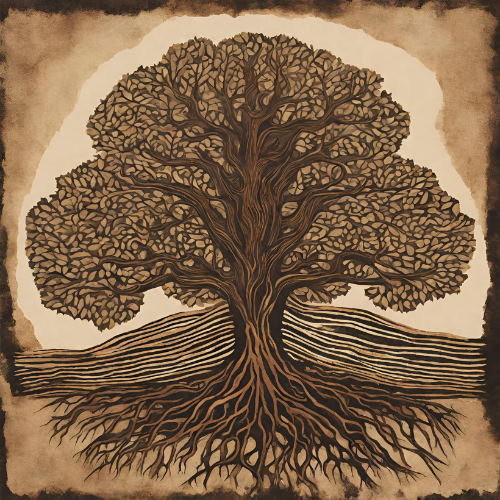
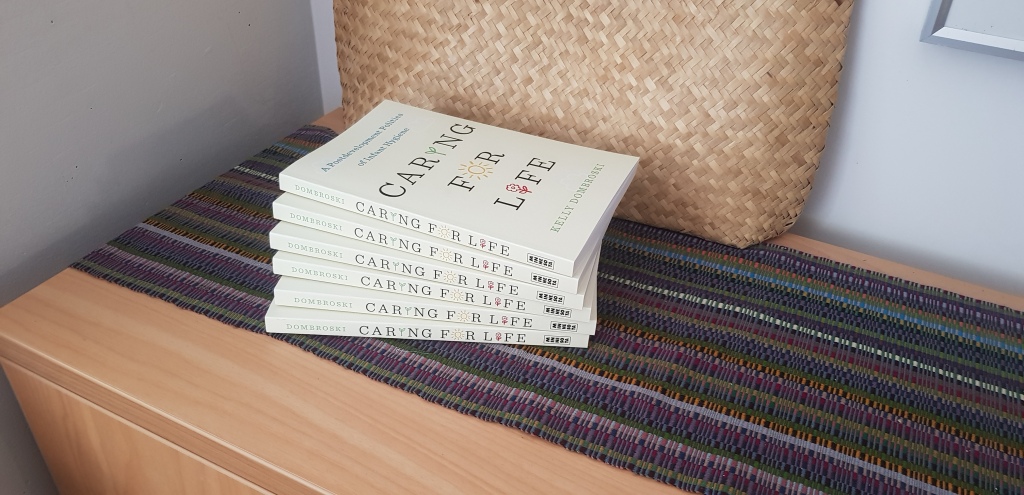
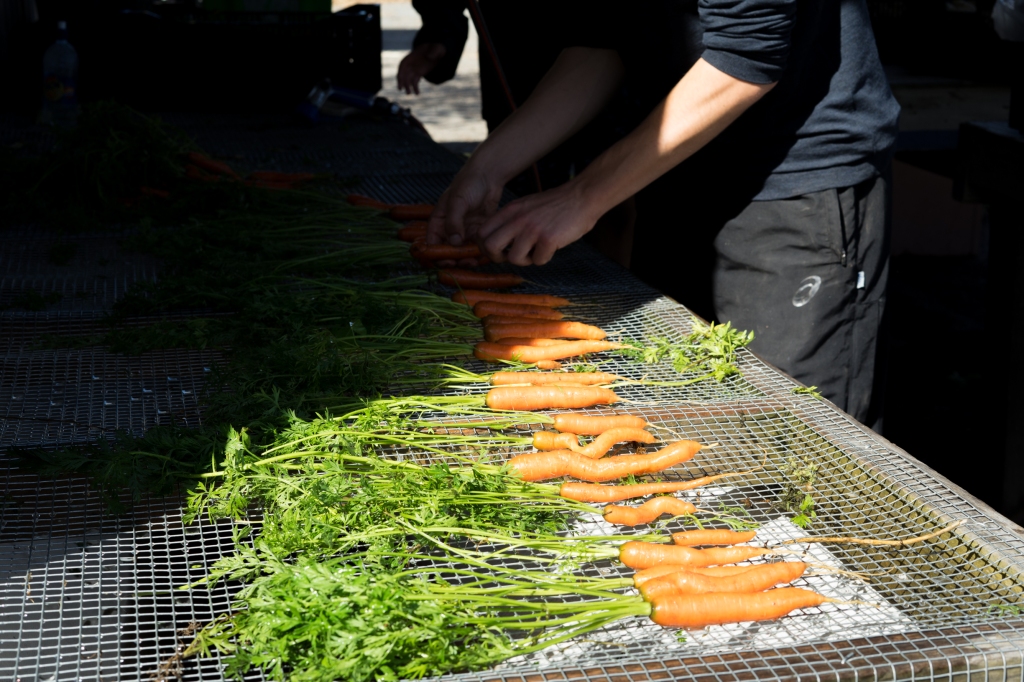
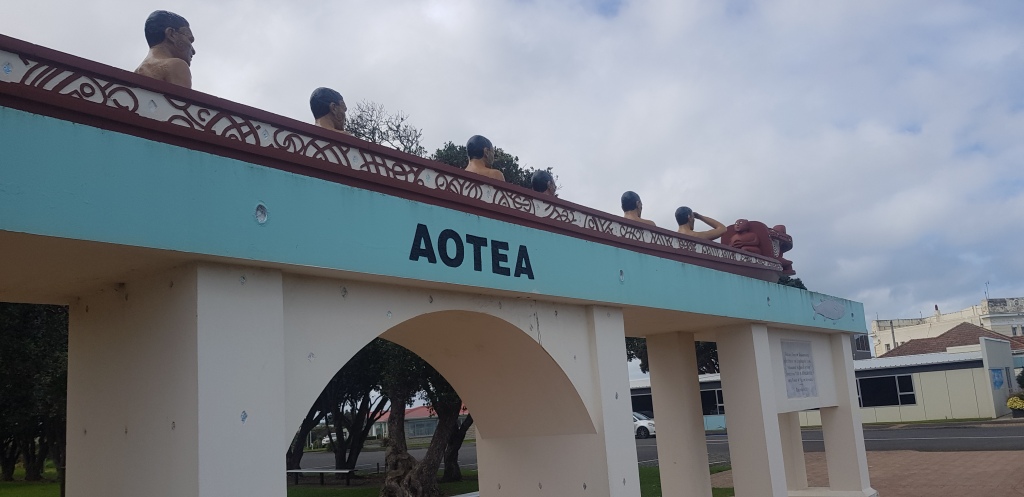

Leave a comment